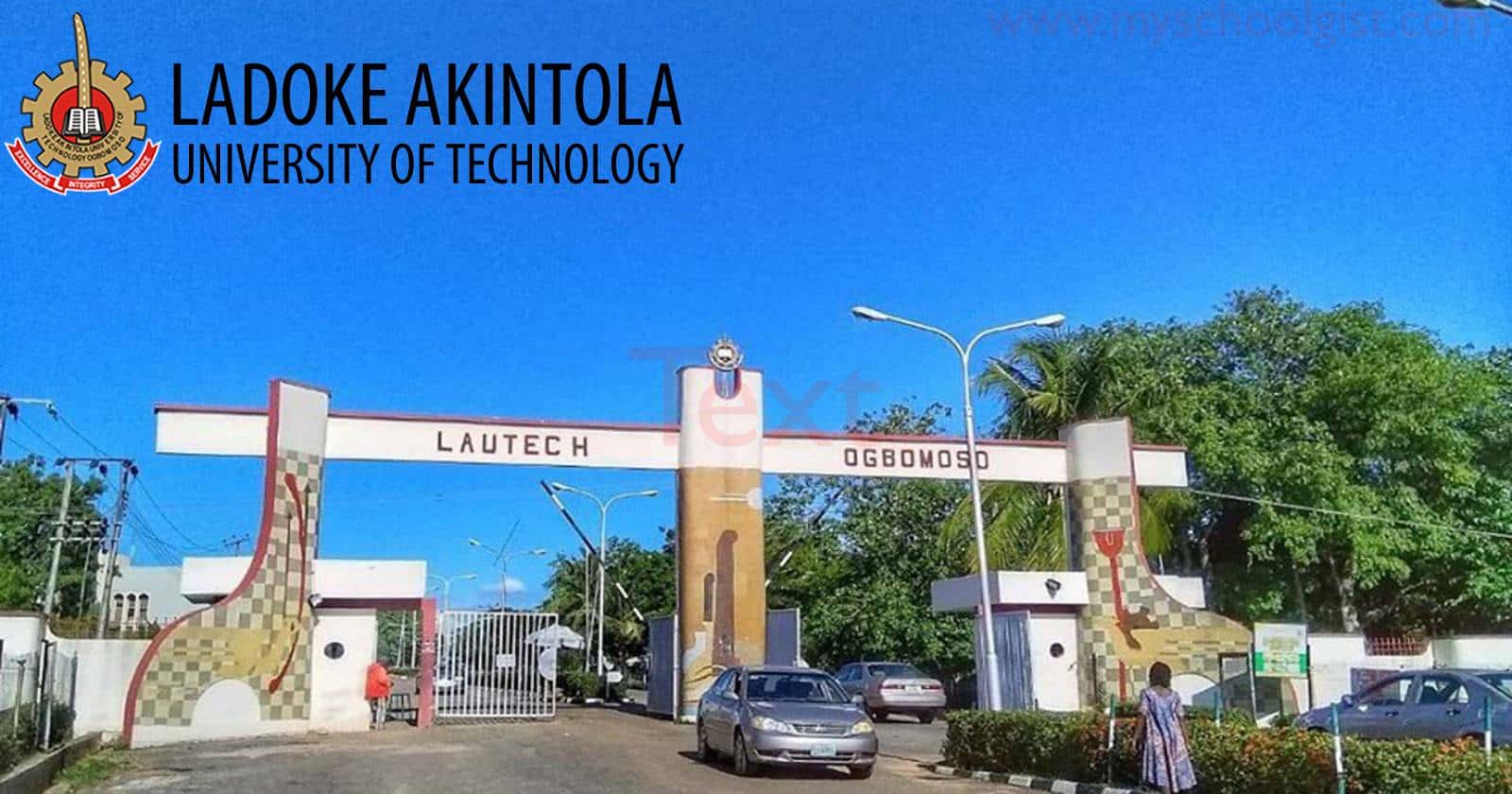
Schools are meant to provide important environment for care and development of a child, especially at the pre-school and primary levels. According to experts, school attendance at pre-school and primary levels bridges the gap in-home care and lays the foundation for future learning.
Lately, there had been cases, where kids who were conveyed to school by the school bus ended up being killed due to the carelessness and recklessness of bus drivers.
There was another case, where a school bus loaded beyond its capacity was conveying children to school and it caught fire, some children died while some were rescued.
Whitney Adeniran, a 12-year-old student of Chrisland School, was reported to have died recently during the school’s inter-house sports activities at Agege Stadium in Lagos.
The parents of the deceased accused the school management of negligence, saying the school failed to make provision for emergency response at the event, hence, did not administer first aid.
In May 2022, Chidera Eze, a five-year-old pupil of Redeemers Nursery and Primary School, Ogba, Lagos State was reported to have died during a swimming session.
The child who was said to be playing with his colleagues was alleged to have suddenly slipped into the pool. However, the pupil’s father alleged that the school officials neglected his son, resulting in his death.
On Friday, July 8, 2022, two pupils reportedly died in their school bus in Aguda, Surulere, Lagos.
Experts noted that as every child has right to qualitative education, doing so in a safe and secure environment is most important.
According to them, the issue of school safety is a major concern at all levels of government, from local to federal.
The Lagos State government has rules governing ownership and effective running of private schools in the state, which include affiliation to a government-recognised hospital close to the school, a well-equipped first-aid box with a certified paramedic and functional weighing scale in the school premises.
Also required are certificates of medical fitness of food vendors, provision of potable water and wash-hand basins in strategic places, and making adequate provision for specially challenged pupils.
A child educator, Tomike Adewale, said for adequate protection of pupils, schools must pay attention to the children, monitor their activities all the time and never leave anything to chance.
She also advised that safety officials who understand provisions of child protection policy should be employed.
An educationist, Patricia David, said schools must prioritise safety by making available medicines, employ competent medical personnel, get ambulance and other medical needs that would guarantee a child’s safety and well-being.
On his part, James Anekwe, a parent and public analyst, said schools should put in place necessary facilities for control of event venues to protect pupils from potential dangers.
But some parents lamented that many private schools are not properly regulated and called on appropriate authorities to ensure that before and after a school is issued a license to operate, it is monitored and regulated.
Beyond the raging controversy, stakeholders want schools, especially private schools, to ensure effective implementation of safeguard and child protection programmes in schools.
They also called on Lagos State Ministry of Education and other relevant stakeholders to review sporting activities in schools.
While noting that sports participation is not without risks, stakeholders said schools participating in inter-house sports should prioritise safety of pupils.
Every school, they say, must have a clear and duly followed safety management systems, which include a safety plan, training and induction, monitoring, supervision and reporting.
A healthcare specialist, Ebere Ude, said the primary concern of schools should be how to ensure safety and security of every child.
“There are actionable steps both public and private schools can take to improve their wards’ safety and security, and advance the Sustainable Development Goal 4. Private schools should conduct regular risk assessments to identify potential hazards and risks to pupils, staff, and visitors.
This will help the school to put in place appropriate measures to mitigate these risks. Schools should have a system in place for monitoring the health of their pupils, including regular check-ups and screening for any underlying medical conditions.
“They should provide training to staff on emergency response procedures, including first aid, cardiopulmonary resuscitation (CPR) and evacuation procedures. This will ensure that workers are equipped with the knowledge and skills to respond quickly and effectively in the event of an emergency.
“The schools should develop and implement safety policies that cover all aspects of their operations, including transportation, sports and recreational activities, and school trips. These policies should be communicated clearly to staff, pupils, and parents to ensure that everyone is aware of the school’s safety procedures.
“They should foster a culture of safety by promoting awareness of safety issues and encouraging pupils to report any safety concerns to staff. This will help to create an environment where safety is taken seriously, and everyone works together to ensure that pupils are safe and secure.
“Parents should be involved in the safety and security of their pupils. This could include regular communication about safety measures, as well as opportunities to provide feedback and suggestions.
“By implementing these measures, private schools can deepen the safety and security of their wards and provide a safe and nurturing environment for pupils to learn and grow.”
National President of Parent-Teacher Association of Nigeria (NAPTAN), Alhaji Haruna Danjuma, task state governments to ensure that there are supervisors anytime a school is organising activities, especially when they are outside school for various activities.
“How frequently are schools inspected? Schools inspection, just like taxation, traffic control, building code administration and others, are crucial acts of governance. It is the weakness in these acts of core governance that has led to the lackadaisical attitude of school administrators, which sometimes leads to avoidable loss of lives.
“In line with the United Nations Safe Schools initiative, which arose from the Chibok school girls abduction in April 2014, we must take the safety of our children at school very seriously. Frequent school inspections and zero tolerance to sloppy implementation are important.”
Some experts believe the safety of a child should start from home. Jane Williams, a parent and school owner said parents should monitor the health condition of their wards before releasing them to schools.
“Parents need to take the well-being of their wards more seriously, and not release them to go to school when feeling unwell,” she said.
!function(f,b,e,v,n,t,s){if(f.fbq)return;n=f.fbq=function(){n.callMethod?
n.callMethod.apply(n,arguments):n.queue.push(arguments)};if(!f._fbq)f._fbq=n;
n.push=n;n.loaded=!0;n.version=’2.0′;n.queue=[];t=b.createElement(e);t.async=!0;
t.src=v;s=b.getElementsByTagName(e)[0];s.parentNode.insertBefore(t,s)}(window,
document,’script’,’https://connect.facebook.net/en_US/fbevents.js’);
fbq(‘init’, ‘247107802609931’);
fbq(‘track’, ‘PageView’);






Leave a Reply